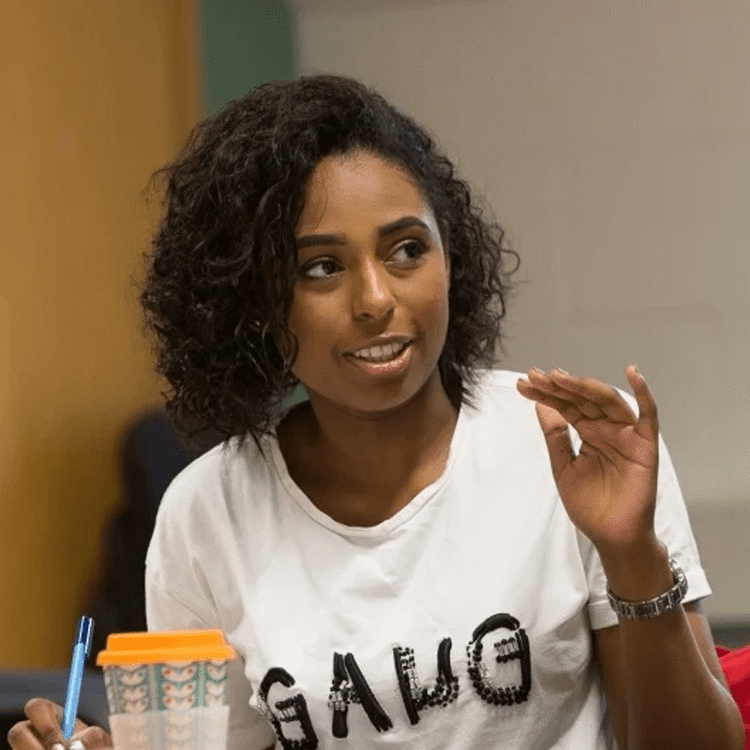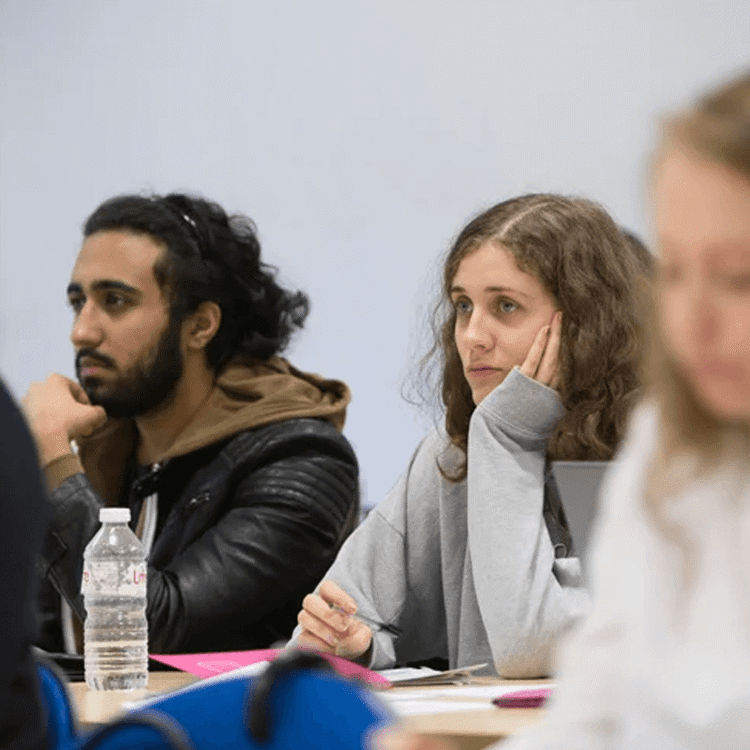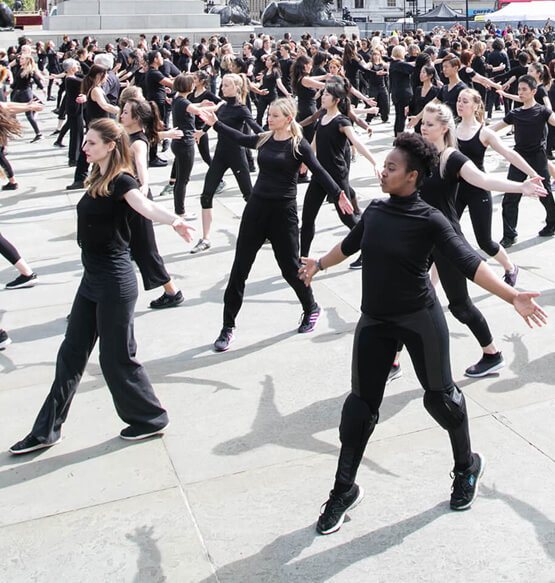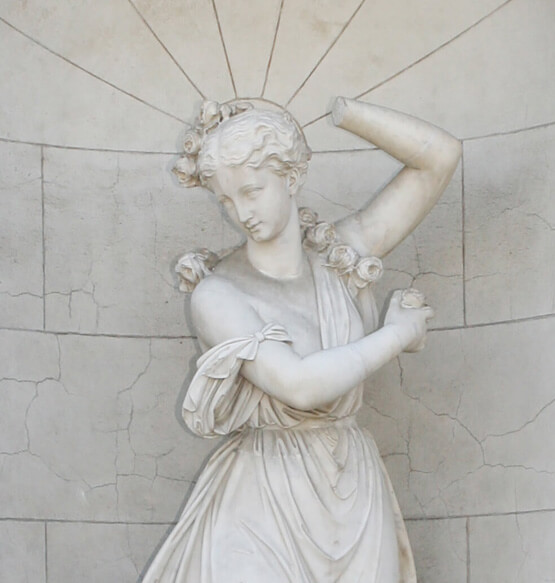Duration:
1 year (full-time)
2 years (part-time)
Please add an additional year if undertaking the Professional Experience Year: integrated 2-year masters
Number of credits:
MA: 180 credits
PGDip: 120 credits
Start date(s):
September 2025
September 2026
Discover a unique experience. Acquire the skills to become a generator of ideas and problem solver in today's era of global challenges through our MA in International Relations.
Did you know?
University of Roehampton London has been jointly recognised as the best modern university in the country, and the best modern university in London for research excellence. (REF 2021)
Modules
Professional Experience Year
This course also offers the option of a Professional Experience Year. This programme combines dynamic career modules with flexible placement opportunities. After completing your first year of study, you'll then complete a full year of Professional Experience training as part of your degree. This will give you real career experience. This unique opportunity offers you distinct paths to build your expertise.

Skills
On our MA International Relations, our priority is ensuring that you graduate with a professional skillset.
This incorporates;
- Balancing traditional international relations theory, case studies, and literature alongside a critical approach which explores and deconstructs the complex relationships between power, conflict, identity, and globalisation.
- Providing the link between theory and practice through experiential learning and the application of global case studies.
- Exploring the breadth of challenges relevant to the field of international relations today, using perspectives from criminology, sociology, and human rights.
These three strands will ensure that you understand both the problems and solutions we face as an international community in both theory and practice.
Learning
A course that's built around you.
This well-rounded programme will be delivered through a combination of:
- lectures
- seminars
- workshops
To ensure that equal weighting is given to theoretical expertise, interactive explorations of the application of theory in practice.
Students will benefit from experiential learning using in-class case studies, simulations, and field trips and assessment will be through diverse forms of coursework (e.g. problem-based essays, presentations, podcasts, reflective journals, research proposals).
Careers
It all starts here.
A key reason for the balanced approach between the theoretical and practical in this programme is a focus on employability. You will be regularly assessed on practical applications of international relations through:
- presentations
- participation in simulations
- drafting policy documents
- other diverse forms of experiential learning and coursework.

In addition, extra-curricular activities and opportunity for placement work will provide transferable skills and workplace contacts necessary to compete and succeed in jobs in: charities, policy think tanks, multilateral and intergovernmental organisations such as the UN and UNICEF, international businesses, law firms, banks, local and national government, media companies, as well as non-governmental organisations.
Our careers team is available to support you from the start of your studies until after you graduate. We will help you build your CV, prepare for interviews, and meet and learn from successful graduates working at the top of their careers.
Open days
Get a real taste of our campus, community and what it’s like to study at Roehampton
Applying
UK postgraduate students apply through our direct application system.
General entry requirements
September 2025 entry tuition fees (UK)
| Level of study | Full-time | Part-time* |
| MA | £9,250 Professional Experience Year: £2,500 |
£4,625 |
| PGDip | £6,170 | £3,085 |
| PGCert | £3,085 | £1,545 |
*Year 1 fee
We offer a wide range of scholarships and bursaries. See our financial support pages for UK students.
We also provide other ways to support the cost of living, including free buses and on-campus car parking, hardship support and some of the most affordable student accommodation and catering in London. Find out more about how we can support you.
International postgraduate students apply through our direct application system.
General entry requirements
September 2025 entry tuition fees (international)
| Level of study | Full-time | Part-time* |
| MA | £18,250 Professional Experience Year: £2,500 |
£9,125 |
| PGDip | £12,170 | £6,085 |
| PGCert | £6,085 | £3,045 |
*Year 1 fee
We offer a wide range of scholarships and bursaries. See our financial support pages for international students.
We also provide other ways to support the cost of living, including free buses and on-campus car parking, hardship support and some of the most affordable student accommodation and catering in London. Find out more about how we can support you.






